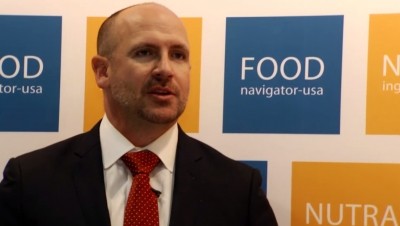Whether it's one study or two, FTC still taking deep dive on design, data, and statistical analysis, expert says
Wasserman, the managing partner of the Washington, DC office of Manatt, Phelps & Phillips, spoke with NutraIngredients-USA at the recent Supply Side West trade show in Las Vegas, NV. Wasserman said in the current climate, just having the requisite number of studies is no longer good enough. The studies themselves need to be of sufficient quality. In a settlement last year, for example, FTC picked apart the study design and how the data was reported in a widely relied upon study on green coffee bean extract, which at that time was a trending weight loss ingredient. That action now prevents that particular study from being used to support future claims for that ingredient.
“In years past often times you could rely on just giving a study on your ingredient. Now almost routinely FTC is taking a deeper dive and asking for the raw data and going through and making sure that there were no intentional or unintentional mess ups on how the data was reported, on what statistical analysis was done,” Wasserman said. This makes it increasingly risky to base a claim on studies that were done on an ingredient that were not done in house if a company can’t get its hands on the raw data, he said.
“The FTC will really go through with a fine tooth comb looking for issues with your studies,” Wasserman said.
Exact study-claim match needed
Wasserman counsels clients to have a claim in mind when designing their studies. FTC is seeking an exact match between claims and study end points. The practice of extrapolating from a study end point toward a therapeutic benefit that could be reasonably be inferred is now frowned upon by the commission. If you want to say it, you have to prove it, he said.
“You could have the greatest study out there, the right methodology, a good size but unless you know exactly what that study proves or doesn’t prove, it’s really hard to know what sort of claims can be crafted from that study,” he said.
“It really makes me sad, especially when a company does its own study and invests a lot of money. Taking a good study and making a bad claim on it is an unfortunate situation that I see all too often,” Wasserman said.
In general, Wasserman said that FTC will require a study to have been completed before a claim is made. But the recent appeals court decision in the POM case does provide a little wiggle room to make claims based on emerging bodies of science, he said.
“ ‘Preliminary research suggests ‘ . . . ‘supportive but not conclusive evidence’ are the types of language you may be able to use to ensure that consumers are not misled and understand the level of science that supports (a claim),” Wasserman said.









